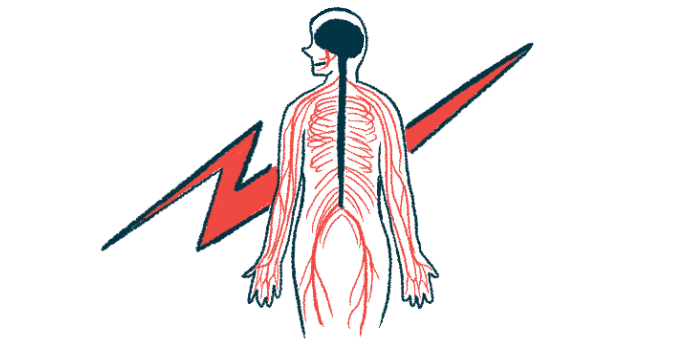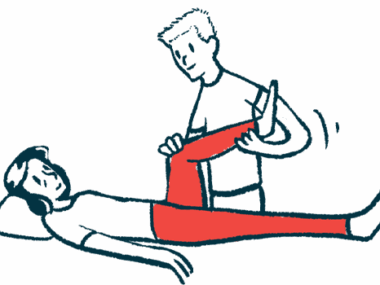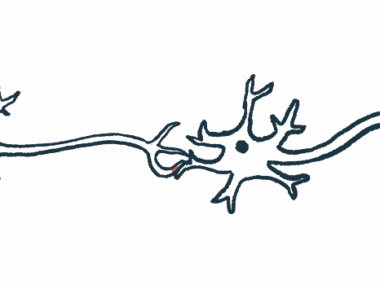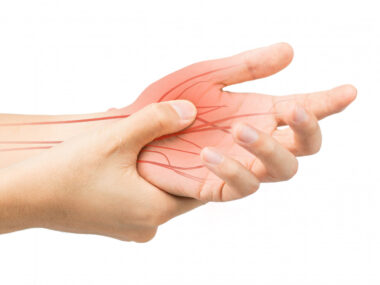AAN 2023: Neuropathic pain tied to social isolation, poor life satisfaction
Treating pain is 'potential avenue' to improving CMT patients' quality of life
Written by |

Neuropathic pain due to damage or impairment in the nervous system is common with Charcot-Marie-Tooth disease and linked with heightened social isolation and poorer life satisfaction, according to data from the recent American Academy of Neurology (AAN) annual meeting.
The findings suggest “prioritized treatment of neuropathic pain represents a potential avenue to improve qualitv of life, social engagement and life satisfaction in patients with CMT,” the researchers wrote as part of their findings, which were presented in a poster “Recognizing Neuropathic Pain as a Symptom of Charcot-Marie-Tooth Disease that Impairs Quality of Life.”
CMT is a group of disorders involving the nerves that supply movement and sensation to the arms and legs, known as the peripheral nervous system. As a result, patients develop progressive muscle weakness and loss of muscle, among other symptoms. Neuropathic pain — tingling and burning sensations in the hands and feet — is also common.
In this study, researchers at the Hackensack Universitv Medical Center, New Jersey evaluated how neuropathic pain affected patients’ psychosocial well-being. Having patient-reported outcome data helps advance understanding and identify under-recognized factors to disease burden, they said.
The researchers analyzed the responses of 224 adults with CMT to an online survey (completed from November 2019 to March 2022) that assessed pain, life satisfaction, and social isolation. The participants were recruited into the Global Registry for Inherited Neuropathies (GRIN), a global patient-focused research database.
Most patients (81.6%) reported having pain in the past seven days, with a median severity score of 4.2 (out of 10). Women younger than 65 years reported pain significantly more severe than older women and men.
The researchers then evaluated the responses to the type of sensation — numbness, tingly, pins and needles, stinging or electrical — and scored it from 0% to 100%, where a threshold above 50% indicated neuropathic pain. About 64 percent of patients had mild to moderate neuropathic pain at least once a week, results showed.
Severe neuropathic pain was significantly associated with heightened social isolation and lower life satisfaction scores. In fact, those with neuropathic pain reported higher social isolation and decreased life satisfaction compared to those with non-neuropathic pain.
“These findings suggest addressing neuropathic pain will go a long way in improving quality of life in these patients,” Florian P. Thomas, MD, PhD, the study presenter and director of the Hereditary Neuropathy Center at Hackensack University Medical Center, said in a press release. “We can make a difference in CMT patients’ lives if we find ways to address their pain. ”
The respondents reported themselves as CMT patients, but no genetic confirmation was conducted, the investigators noted, indicating some respondents might be “misdiagnosed.” Based on these findings, a second generation of GRIN was commissioned, which will include genetic reports to confirm a CMT diagnosis as well as its subtypes.






